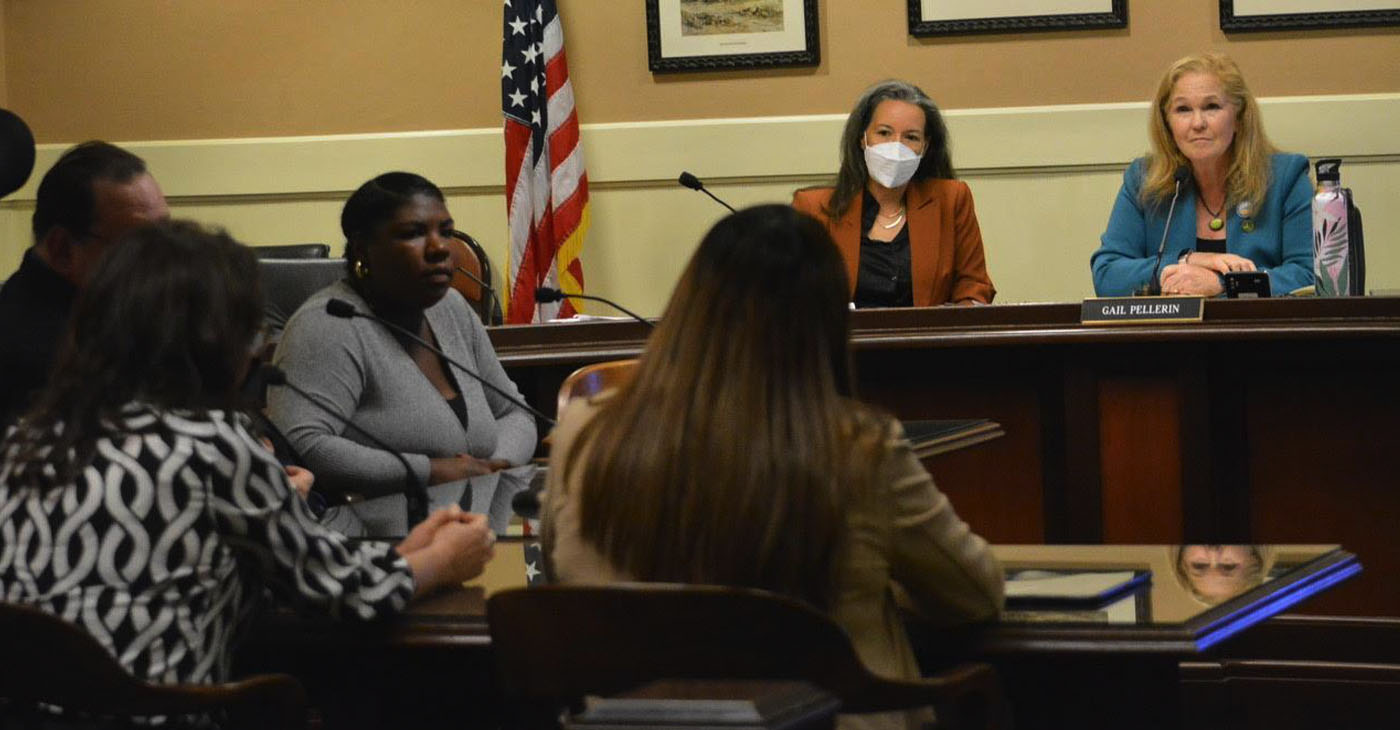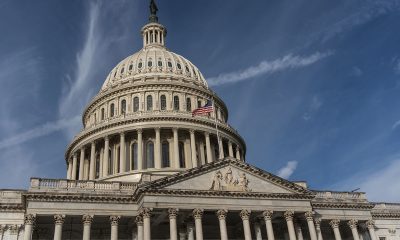Activism
Legislature Revisits Bill That Would Increase Voter Registration Options for Californians
Known as the California New Motor Voter program, Senate Bill (S.B.) 299 also promised to further automate and streamline the voter registration process while adding safeguards to prevent voter fraud or unlawful voting. But the bill stalled in the Senate Health Committee last June prompting supporters to hold the hearing to discuss strategies for bridging voter turnout gaps, ensuring accurate registration, and reviewing the impact of recent electoral reforms.

Activism
OP-ED: AB 1349 Puts Corporate Power Over Community
Since Ticketmaster and Live Nation merged in 2010, ticket prices have jumped more than 150 percent. Activities that once fit a family’s budget now take significant disposable income that most working families simply don’t have. The problem is compounded by a system that has tilted access toward the wealthy and white-collar workers. If you have a fancy credit card, you get “presale access,” and if you work in an office instead of a warehouse, you might be able to wait in an online queue to buy a ticket. Access now means privilege.
Activism
Oakland Post: Week of December 31, 2025 – January 6, 2026
The printed Weekly Edition of the Oakland Post: Week of – December 31, 2025 – January 6, 2026
Activism
Big God Ministry Gives Away Toys in Marin City
Pastor Hall also gave a message of encouragement to the crowd, thanking Jesus for the “best year of their lives.” He asked each of the children what they wanted to be when they grow up.

-

 Alameda County4 weeks ago
Alameda County4 weeks agoOakland Council Expands Citywide Security Cameras Despite Major Opposition
-

 Alameda County4 weeks ago
Alameda County4 weeks agoBling It On: Holiday Lights Brighten Dark Nights All Around the Bay
-

 Activism3 weeks ago
Activism3 weeks agoFirst 5 Alameda County Distributes Over $8 Million in First Wave of Critical Relief Funds for Historically Underpaid Caregivers
-

 Black History3 weeks ago
Black History3 weeks agoAlfred Cralle: Inventor of the Ice Cream Scoop
-

 Activism4 weeks ago
Activism4 weeks agoOakland Post: Week of December 24 – 30, 2025
-

 Activism3 weeks ago
Activism3 weeks ago2025 in Review: Seven Questions for Assemblymember Tina McKinnor, Champion of Reparations, Housing and Workers’ Rights
-

 Activism3 weeks ago
Activism3 weeks ago2025 in Review: Seven Questions for Assemblymember Lori Wilson — Advocate for Equity, the Environment, and More
-

 Advice3 weeks ago
Advice3 weeks agoBOOK REVIEW: Let Me Be Real With You


















































